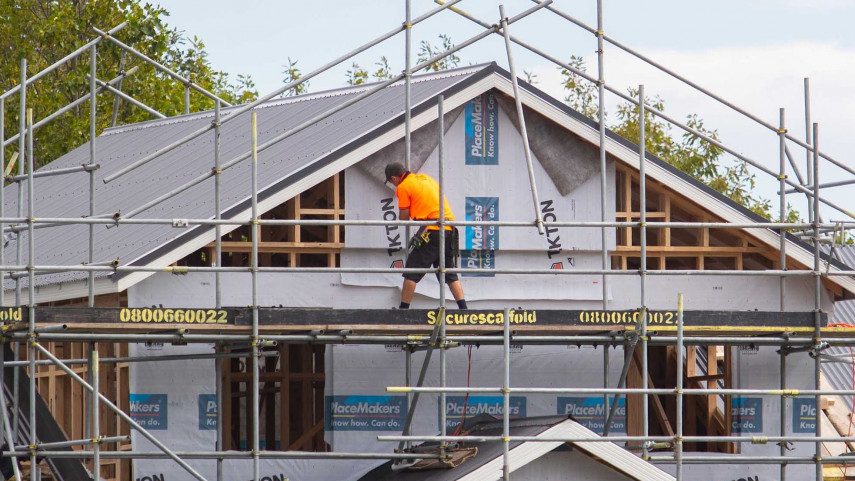
Initiatives under way to help processing of consents

Share this story
New initiatives have been introduced at Christchurch City Council to help with the processing of building and resource consents.
This financial year the Council has been receiving record numbers of consent applications and has identified additional methods it can use to assist with the processing of these. This mirrors what is happening across the country, with latest figures showing a record 50,858 new homes were consented nationally in the year ended March 2022, up 24 percent from the year ended March 2021
Application numbers for building consents are up 43 percent compared to the same period last year, although a softening is expected in the months ahead. Applications for resource consents are also high, up 30 percent compared to the same period last year. The increase in resource consents has been largely driven by multi-residential developments.
There has also been heavy demand for inspections services, which has seen new technology introduced that allows for remote inspections to be carried out.
Head of Building Consenting Robert Wright says this means less complex building work, and re-inspections, can be carried out faster, saving on wait time.
“We also have brought on board additional inspection contractors and other Building Consents Authority staff to help. While a softening in consent applications is forecast in the near future, I’m anticipating a surge in October before changes to building code requirements for energy efficiency are introduced in November.”
Head of Planning and Consents John Higgins says everything possible is being done to improve processing timeframes for resource consents as well – including recruitment, outsourcing and streamlining processes.
“We understand the frustration that delays in consents can cause and are doing everything we can to improve processing timeframes, which are proving to be a challenge nationally. Communicating with applicants is a priority for us, so they are aware of expected timeframes and alerted to any particular issues promptly if needed.”
“Recruitment has been challenging because of the buoyant job market and consultants also have limited capacity to help. However, we have been successful in getting a contractor on board to help for the next 12 weeks to process 20 resource consents per week. Having this bulk load of 240 consents processed will speed up timeframes.”
Mr Higgins says processing timeframes are expected to improve in the second half of the year, as application numbers slow and the capacity of consultants to help with processing increases.
“However, there are a lot of factors at play that make it challenging to know exactly what will happen, from market conditions to new planning legislation and regulations.”
